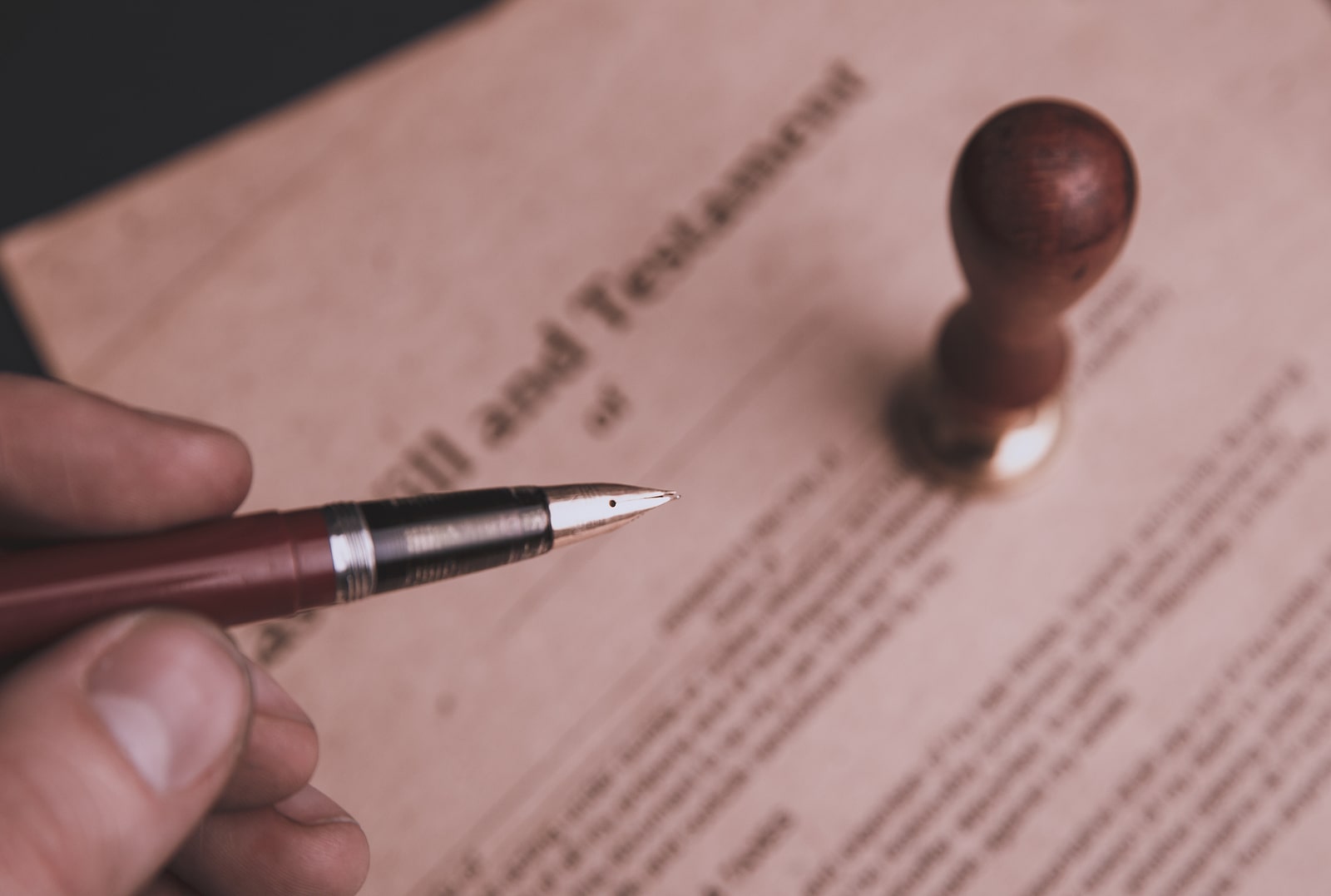
The probate process can be confusing for those dealing with a loved one’s estate after they’ve passed. Assets must be legally divided, creditors must be notified, accounts must be properly closed, and much more. Fortunately, an experienced local probate lawyer can help guide you through probate and ensure your loved one’s wishes and intentions are honored. Read on for Blackford & Flohr’s guide to the phases of the probate process.
The Probate Process
Probate is a court-supervised process. The goal of probate is ultimately to make sure that a person’s assets are allocated properly and that any debts and taxes are settled. Most people with assets and an estate draft a will with the supervision of an estates lawyer. This will is honored in court, and the appointed person, or executor, is responsible for ensuring each of the phases of the probate process is completed.
1. Filing a Petition
At the beginning of the process, you will need to file a request in the county where your loved one lived when they passed. This paperwork will require you to specify the legal executor who will represent the estate. If there is no will, you will need to specify an administrator. In order to file this request, you may need to file an application, the original will and the death certificate with the local probate court. The court will then review the petition and either approve or deny it. If it is approved, you or the designated executor will move forward with opening the probate case and will act on behalf of the estate.
2. Notification
Once the probate process begins, the next phase focuses on administering assets. Before this can commence, you will need to properly and legally notify any beneficiaries and heirs. The court will designate which individuals need to be notified. You may also need to publish notice is a newspaper. You will also need to identify all creditors to the estate and formally notify them that the person has passed.
3. Valuation of Assets
Once you have access to the estate, you will need to begin formally assessing and valuing assets. Examples of assets include:
- Personal valuables
- Bank accounts
- Real estate
- Vehicles
- Insurance accounts
- Stocks/bonds
You will likely need to collect information like bank account login, account numbers, social security numbers, and more. Your probate attorney can help you find this information. You may also need to work with appraisers who can help you determine the worth of certain items.
4. Settling of Debts
If there are any debts owed by the decedent, they will need to be settled. You may need to do some research and investigating of your own to identify all outstanding debts. You will need to make sure that the assets in the estate can in fact cover all of the debts. If not, the court will have to prioritize creditor claims over heirs. It can be difficult and time-consuming making sure you have covered all of the debts, so work closely with your probate lawyer. Taxes must also be considered, as well as any final income tax on the estate.
5. Distribution of Assets
Once all debts have been satisfied and the creditors claim period has passed, the remaining assets will need to be distributed. If they have created a will with the help of a good probate attorney, the will should specify in a substantial amount of detail where and to whom they want their assets to be allocated. Once you have done this, you can move forward to closing the estate.
6. Closing of the Estate
Once you have reached the point of closing the estate, you will need to provide the court with an accounting of all activities. This should help them ensure that all assets have been properly distributed according to the will. It should also reflect that all debts and taxes have been paid. Documentation requirements vary, and your experienced probate lawyer should be able to help provide it. Some courts provide forms for you to fill out. Once the courts have deemed all necessary measures have been taken and the will has been honored sufficiently, you will be released from role of executor, and the estate will be closed.
Contact the Best Probate Attorneys in Anne Arundel County & Beyond
At Blackford & Flohr, we are personally invested in helping each and every one of our clients work through each of the phases of the probate process as quickly and seamlessly as possible. We understand how stressful managing an estate can be and have decades of experience setting estates. No matter how complicated your situation might be, our Maryland probate attorneys can help. Fill out our contact form and we will be in touch shortly, or give us a call at 410-647-6677.


